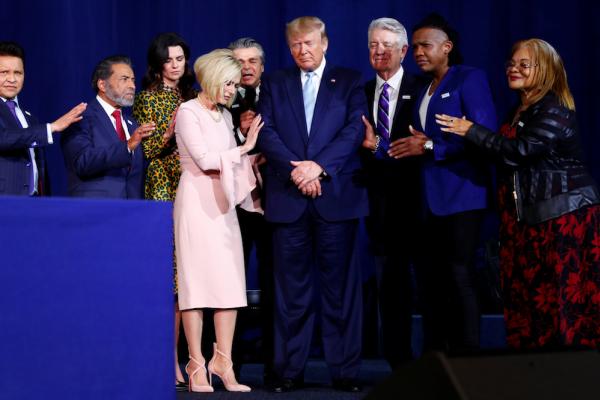Jan 24, 2020
I don’t give up on evangelicalism lightly or willingly. Evangelicalism is in my DNA, and I’ll put my credentials as an evangelical up against anyone: evangelical parents, a preacher’s kid, gave my heart to Jesus at age three (and many times thereafter), youth group, Bible camp, graduated from Trinity College and Trinity Evangelical Divinity School. My father was a distinguished pastor in the Evangelical Free Church for 40 years; I honor his ministry and his memory.
Read the Full Article

Already a subscriber? Login
